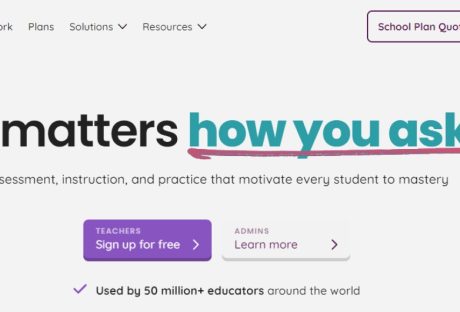Drained from spending hours and hours of learning vocabulary to forget it after a few days? Is memorize vocabulary skills hold you from speaking French fluently? Are your strategies of learning this beautiful language is in vain?
Fret not; the article will help you!
Learning French is beautiful, but when you get a huge list of unrelated words that are out of context, the learning becomes more complicated. Solution? Focusing on vocabulary and memorizing words!
However, memorizing is often given a bad rap because of rot learning words that are strange. So, if you want to decode the trick to memorize French vocabulary fast, here are the tricks:
Different Ways You Can Memorize Vocabulary
There are multiple ways you can memorize the vocabulary for your business are as follows:
Same Word=Same Family:
Focus on learning words that share the same roots or family. For instance, if you are learning the word “write’’, learn its similar word “ writer” or “the act of writing.” This will help you increase your vocabulary exponentially, and you would have a clear meaning of everything in your mind.
Moreover, when you stick to focusing on the same family at the same time, you will be able to memorize with ease. Keep in mind that there’s no such thing like having a good memory or a bad memory!
Focus On Sentences, Not On Words!
This is one of the most important rules and the right way with talk in French fluently! Doing this will make the whole learning process easier and will also help use the words naturally. But, if you learn the words:
- You would have no idea of using them
- They are hard to remember
- You might pick a word that would be of no use
Many words are useless and have no meaning in real-life situations, so don’t pick that. Focus on learning through stories, books, and more. Memorize Vocabulary that can help you to achieve your goals in the best possible manner.
Have Exposure To Your Targeted Language:
Of its very important that you spend time reading and listening to French only, as it will help you explore more about the language. You can watch French movies, videos, French Tv and more. Memorize Vocabulary that can help you to achieve your goals.
Additionally, the reading and hearing words will help you memorize in the long run. Plus, you will train your brain and ears to pronounce the words effectively and correctly.
Start Form Cognates:
Many words share the same meaning and have the same sound; you can start with that. Make a list of cognates on a paper with one column with a French word and another for the English. Learn them; make a flash card for the words you don’t remember and quiz yourself.
Recall! Over And Over: consistency and repetition is the key to learn any new language! It’s even more important when you are learning a different and a new language. When you spend time to learn new French words, your brain will keep them in the short term memory.
Only constant in learning and repetition can put them in long-term memory. Give at least 15-20 minutes daily and make sure you use them often.
Practice With The Textbook:
Illustrations can help you memorize things swiftly, so use them to learn vocabulary. Look at the pictures and try to describe them using words you have already learned. To ensure your answers are correct, read the captions to give yourself a score. Also, notice how you are using the vocabulary in the context.
Pick A Word Of The Day:
Make a goal and work accordingly. If you have a goal to learn vocabulary in a week, pick a word of the day and use it during the day. Write the chosen word on the posts, write it on paper and try to write it without using its English equivalent. Memorize Vocabulary that can help you to achieve your goals in the best possible ways.
You can even place the word somewhere on the kitchen table or on your computer screen to see it as you go about the day. This way you will notice that the word is ingrained in your memory.
Learning vocabulary takes time, but it’s well worth the effort and time you put in! Try the above methods and have a rich vocal to communicate with ease and more fluidly.
Read Also:






















